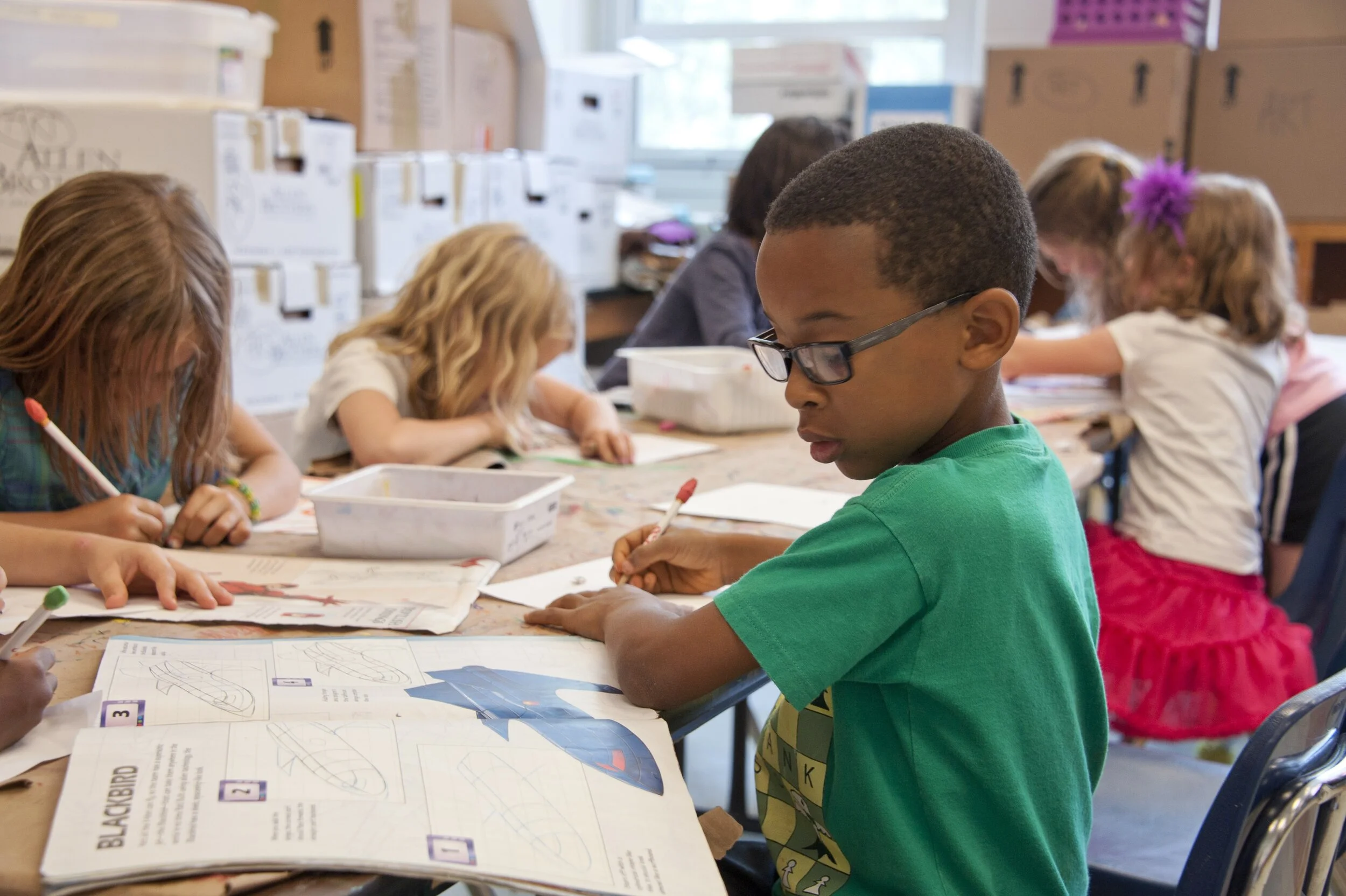The limbic system is several parts of the brain working together to form memories, regulate emotion, and also affects learning.
Read MoreThe prefrontal cortex is the “Think Tank” part of the brain responsible for learning and concentration.
Read MoreScent is a natural, subtle way to control the environment while improving attention and focus.
Read MoreTemperature affects concentration, focus, productivity…..and learning.
Read MoreLighting has a great influence on both physical and mental conditions of humans, especially students.
Read MoreColor doesn’t matter, right? Not quite. Colors boost active learning, maximize retention, and stimulate participation.
Read MoreClassroom design impacts the stress response system. Let’s talk about soundproofing!
Read MoreHow to get this preventative self-care thing down before the school year starts.
Read MoreHow to connect your self-care practices to what you value the most.
Read MoreConsistent rituals and habits have changed my life! They can change yours, too.
Read MoreThe First Step in the Practice of Self-Care
Read MoreCan you imagine being so in tune with your emotional state and moods that you could actually change them?
Thanks to neuroscience, we know this is possible!
Read MoreWhat if you could change the way the brain works just by changing the food you feed your kiddos?
You know what’s crazy...you can actually do that. Not only that, but it can have a significant impact on their behavior too!
Read MoreIt’s our job as parents and teachers to help our little ones regain their sense of control (and mental capacity). I’ve been using the past few blog posts to go through emotional regulation techniques that help kiddos in managing and responding to strong emotional experiences. These are skills that many adults are yet to master as they require practice and patience because the neural networks need to be formed and then myelinated (AKA grown). Hence, it’s so important to embed these activities in your kiddo’s routine to help them de-stress, relax, and be able to focus.
Read MoreTeaching sensory-motor strategies is a MUST-DO activity in my book whenever I am dealing with young kids. It’s one of the best forms of therapy that calms kiddos and lowers the chances of a meltdown. Plus, there’s quite a bit of research behind this one and how it repairs neurons damaged from stress or trauma.
Read MoreWhile it may be much easier to label anxious kiddos as 'worrywarts,' childhood anxiety issues need to be addressed ASAP. Childhood anxiety is a red flag to problematic coping skills in the future. So, I dug out my mindfulness toolkit and chose one of my best tools to help your kids calm down. Heck, adults should use it too!
Read MoreWe all experience a broad array of emotions and so do kiddos. As parents, guardians, and educators, we have an incredible role and responsibility in teaching them how to deal with their emotions in a healthy way.
Read MoreHave you ever had moments when you wanted to shut the whole world out and have some quality alone time?
I know you’ve felt that too. And it’s fine. Actually, more than fine. It’s totally normal. We all have those days when we need a bit of zen, silence, and solitude to get through.
Guess what? Kiddos have those days and moments too.
Read MoreYour child’s emotions tell you when they are out of balance or stabilized and neutral. Before they learned to talk, their language was based on their emotional and physical feelings.
Read More



















